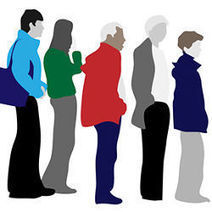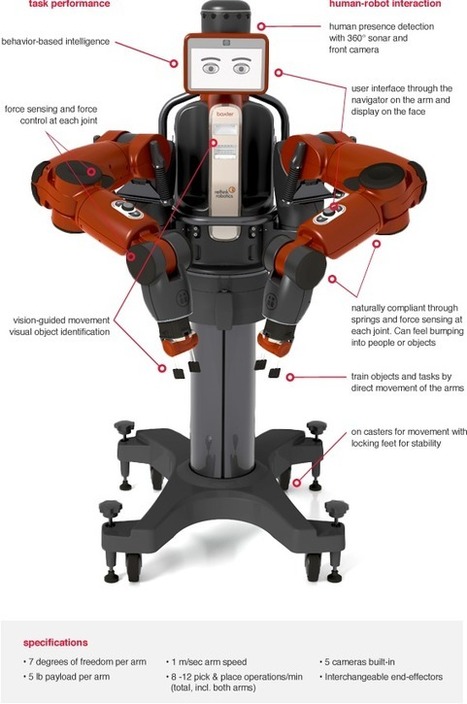The internet will soon be so pervasive that it will “disappear” into the background of our everyday lives, according to Google executive chairman Eric Schmidt.
Research and publish the best content.
Get Started for FREE
Sign up with Facebook Sign up with X
I don't have a Facebook or a X account
Already have an account: Login
Futures of the Web: semantic/symbiotic/ubiquitous web, internet/web of things, artificial intelligence, singularity, internet 3.0...
Curated by
Pierre Tran
 Your new post is loading... Your new post is loading...
 Your new post is loading... Your new post is loading...
|
|















